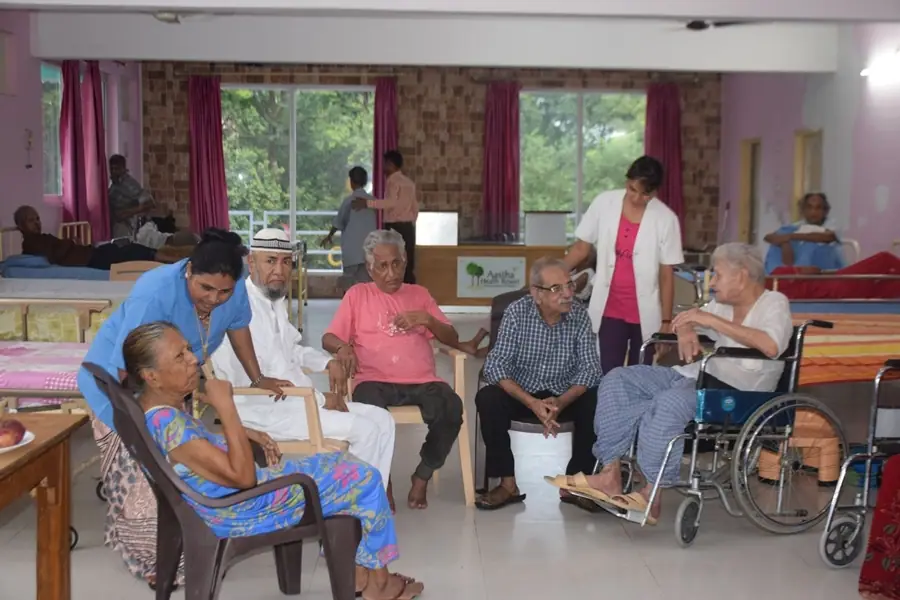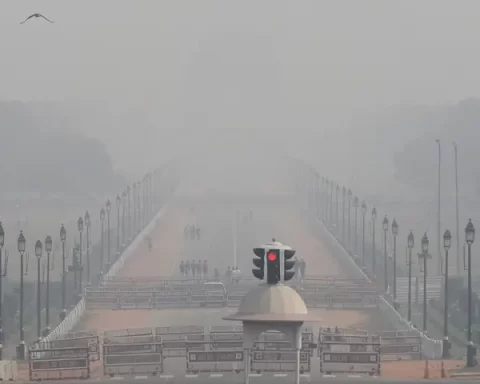New Delhi, Nov 7 (PTI) From installing air purifiers to keeping oxygen cylinders on standby, old age homes in Delhi are sparing no effort to safeguard the well-being of their occupants amid the worsening air quality in the national capital.
The city’s retirement homes have also advised its residents, especially those with breathing problems, to avoid going out and instead engage in physical activities and yoga indoors.
“We have pro-actively placed emergency oxygen cylinders around the property to address any respiratory concerns due to the rising air pollution,” Rajeshwari Mishra, secretary of Shiv Ashray Old Age Home in north Delhi’s Rohini said.
Bhopinder Singh, trustee, Aashirvad Old Age Home corroborated Mishra’s views, saying the occupants at their retirement home have been asked to avoid going out early morning or late evening.
The New Delhi Municipal Council (NDMC) has installed air purifiers inside the rooms of all its old age homes and is encouraging the occupants to enrol themselves in yoga classes.
“We take year-round measures like maintaining horticultural work, sprinkling water and having yoga classes for those residing in our old age homes. Now, we have strengthened these measures in view of the rising pollution levels,” NDMC vice-chairman Satish Upadhyay said.
“All the rooms in NDMC old age homes have air purifiers to ensure that the residents breathe clean air,” he said.
According to those running the old age homes, they are also focussing on providing a healthy diet to their occupants to strengthen their immunity.
“All senior citizens and vulnerable groups can’t wear masks all the time due to breathing issues. So, our main focus is to keep them indoors and give them a healthy diet,” Ved Prakash Bhardwaj, trustee, Naya Savera, said.
Meanwhile, the Delhi Urban Shelter Improvement Board (DUSIB) said they have not received any complaints about health issues among senior citizens due to air pollution in their shelter homes.
Despite a marginal dip in the air quality index on Tuesday, the concentration of PM2.5 in Delhi’s air, which constitutes particulate matter capable of penetrating deep into the respiratory system and triggering health problems – exceeded the government-prescribed safe limit of 60 micrograms per cubic metre.
Doctors have said that prolonged exposure to high levels of pollution can cause or exacerbate the risk of respiratory problems such as asthma, bronchitis, and chronic obstructive pulmonary disease (COPD) and may increase the chances of cardiovascular disease.


